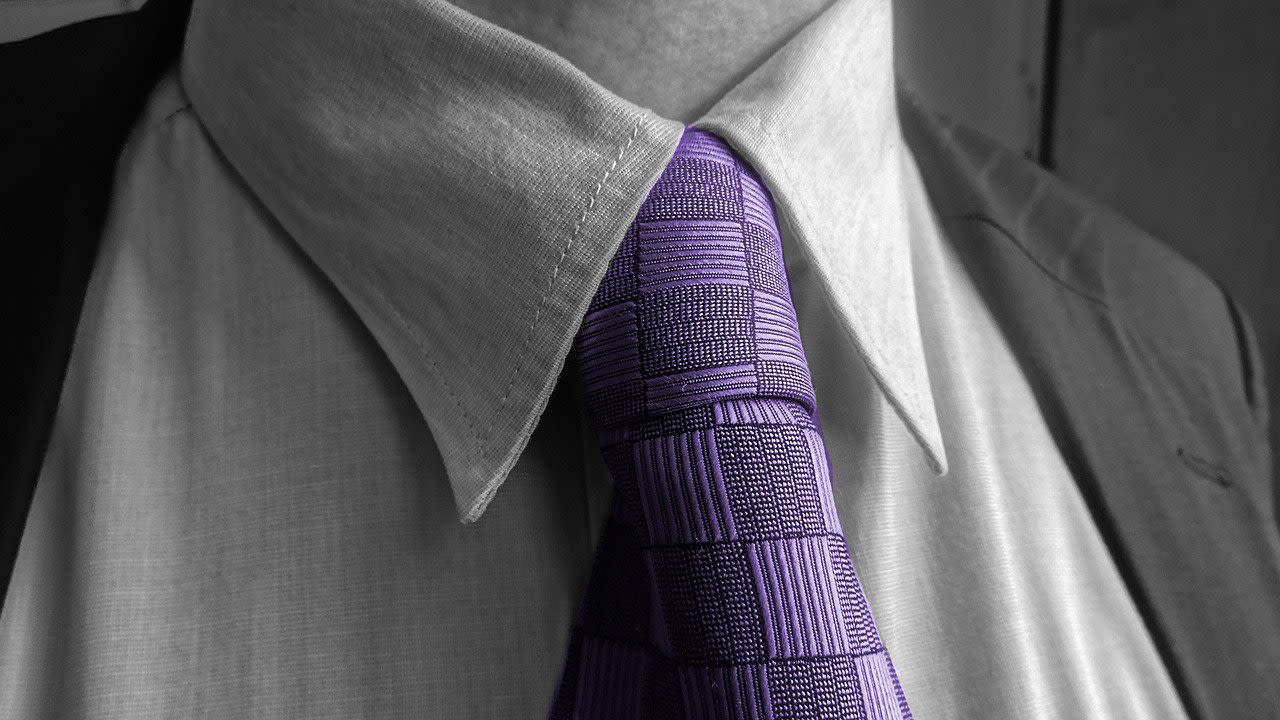
SE IT AIN'T PRO! SHOULD YOU BE YOUR OWN LAWYER?
The Fantasy
We’ve all come across the idea of acting as your own lawyer in a legal proceeding. It lends itself to seductive fantasies: there you are, like Anthony Hopkins in Fracture, laying out your defense before the bench, the prosecutor dumbstruck at the erudition all those Google searches have given you. The jury nods along in time with your arguments; the judge shakes your hand after the not-guilty verdict. You’re wearing a maroon, no, wait, a purple tie. But is this really how you should expect things to shake out if you go it alone in a courtroom?
The History
First, some background. The adjective for defendants or litigants who represent themselves is pro se, which is Latin for “in one’s own behalf.” The right to make that choice goes back all the way to the founding of our country and is well-guarded: only in the event of proven mental unsoundness may the state compel someone to accept legal assistance. We might joke about an internet-based education, but Google and other internet resources do put within our reach an unprecedented amount of information, some of it perfectly reliable; likely because of this pro se parties have become more common in recent years, especially in family law. We’ll leave it to civil attorneys to talk about going pro se in a civil case, but we can tell you the up- and downsides of representing yourself in a criminal proceeding.
The Upsides
What are the upsides? First, you save money. Hiring a private lawyer is going to be expensive unless you know one who owes you a favor, and if you can’t afford a retainer, the option of going pro se begins to look more attractive. Second, you have complete control of your defense. This can be an upside or a downside: your story will be told exactly as you want unless you run afoul of procedural or evidentiary rules, but that’s good only if you know how the story should be told to obtain the verdict you want. Likewise, if you proceed to trial, the jury will receive your winning personality unfiltered through anyone else’s, but that’s assuming you have a winning personality.
Reality Check
What are the downsides, then? First—and we’re very sorry to burst your Fracture-inspired bubble—brilliant though you may be, you should not hope to become a competent lawyer in time to defend yourself in a criminal case unless you have spent years preparing obsessively for just such a circumstance. Practicing law is a lot like other skills: it takes shape in part from theoretical training, but mostly from experience, repetition, making mistakes, and learning from those who went before you. Without that hands-on foundation in the trade, you don’t stand much of a chance. This is one thing in a legal action that doesn’t carry the risk of a criminal conviction, but if you’re charged with a crime, the stakes are almost always high enough to warrant seeking help. And second, if money is a problem, you can always ask for a public defender: contrary to a common misconception, he or she is most likely a solid attorney able to defend you better than you would yourself. In short, in the overwhelming majority of criminal cases, going pro se is a bad option. In the end, even if you are considering going pro-se, it never hurts to find and consult with a trustworthy attorney before ringing a bell you can’t unring.
